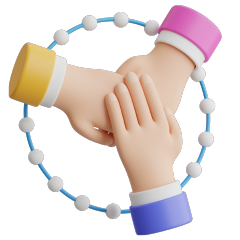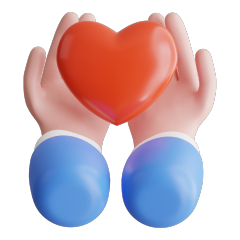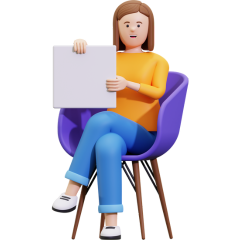What is personal care?

Personal care refers to assistance with an individual’s daily living tasks and personal hygiene. If you are injured, have mobility problems or are living with a disability, you may need help with showering and eating, which are some examples of personal care supports. Many of these supports are tasks a person would prefer to do […]
Personal care refers to assistance with an individual’s daily living tasks and personal hygiene. If you are injured, have mobility problems or are living with a disability, you may need help with showering and eating, which are some examples of personal care supports.
Many of these supports are tasks a person would prefer to do alone and in private. It’s normal to feel apprehensive! But receiving personal care from a carer who is compassionate, respectful and discreet can vastly improve your quality of life.
Keep reading to learn more.
What are examples of personal care support?
Everyone’s needs are different, but personal care typically involves assistance with:
- personal hygiene, including showering, bathing, brushing your teeth and getting dressed
- toileting, incontinence care and menstrual care
- eating and drinking
- medication reminders
- attending appointments or social outings
- using aids, devices and appliances
- moving in and out of bed or on or off the toilet
What is personal care in disability?
Under the NDIS, you can receive personal care in a variety of settings. You can receive personal care in your own home or in a home you share with others. This includes a home shared with other NDIS participants, like in a Supported Independent Living home. You can also receive it in school or at work, or during holidays away from home.
The NDIA, which is the agency implementing the Scheme, will investigate whether alternative arrangements or supports could meet your needs and support your independence. For example, perhaps simply installing a grab rail in the bathroom can help you with toileting.
The Agency will also consider the health, safety and other impacts on your family and carers in the long term. For example, if manually moving you in and out of bed can result in injury, you may receive funding for a support worker to help your family members, or even a hoist to assist you further.
For children
We expect a child’s parent or guardian to provide almost all the care and support that young children need. Personal care supports for children under 18 are not intended to replace the usual care and supervision provided, or paid for, by a parent or guardian.
However, if a child’s needs, because of their disability, are substantially greater compared to other children the same age, the NDIA may approve funding for personal care.
After an injury
The top causes of injury in Australia include falls, contact with objects (including blunt or sharp objects) and transport accidents. Injuries from these incidents can have serious effects on your mobility and overall quality of life.
A support worker can assist you with your personal care needs to help you focus on your rehabilitation and recovery.
An individual with severe injuries from a motor accident in NSW may be eligible to become an icare Lifetime Care participant.
What is personal care in aged care?
You can receive nursing and personal care in a residential aged care facility, or in your own home through Home Care Package.
In Australia, on average, people who live in an aged care home will get 200 minutes of care each day, including at least 40 minutes from a Registered Nurse. Every aged care home is now required to have at least one Registered Nurse on-site and on duty 24 hours a day, 7 days a week.
If you’re over 65 and would like to continue living at home, you can receive personal care through a Home Care Package.
Home Care Packages are subsidised by the Government to help older Australians live in their own home for as long as possible. Home Care Packages are flexible and can be used to pay for a variety of services.
Here are some examples:
- Personal assistance with bathing, showering and personal hygiene
- Aids to stay independent to help with mobility (e.g. wheelchairs) and communication
- Help with impairments or continence
- Meals and food preparation (excluding the cost of food)
- Nursing services
If you need a helping hand, contact our team to start services with Leora.
We are a registered provider of NDIS, Home Care Package and icare services. We will thoughtfully consider your daily routines and personal preferences, making sure our support enhances your independence and comfort.





